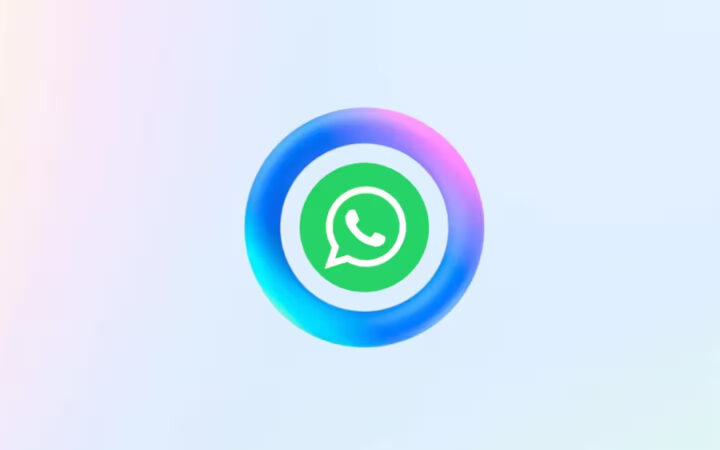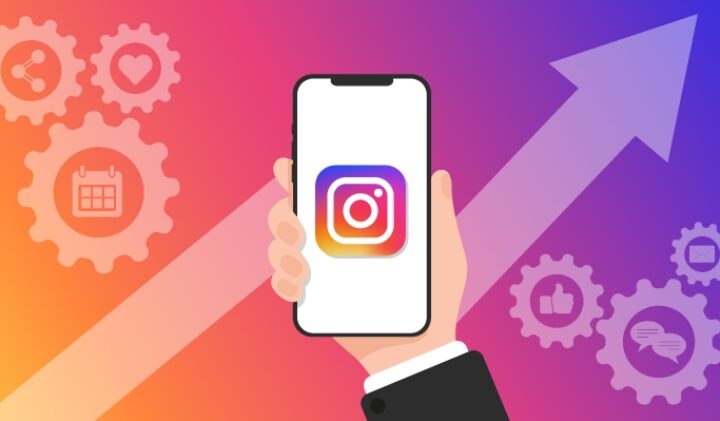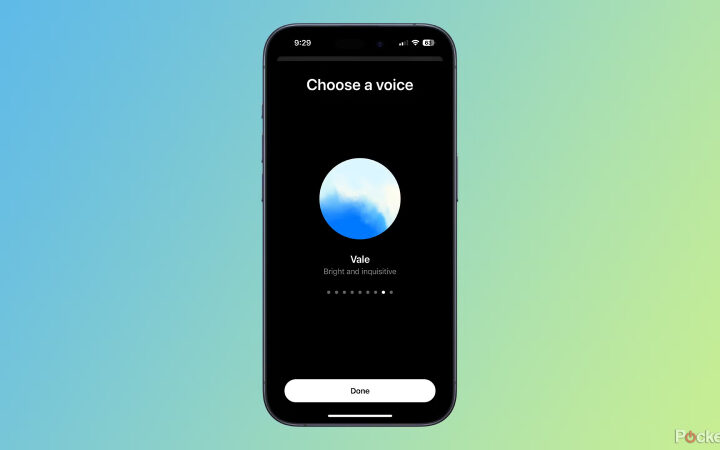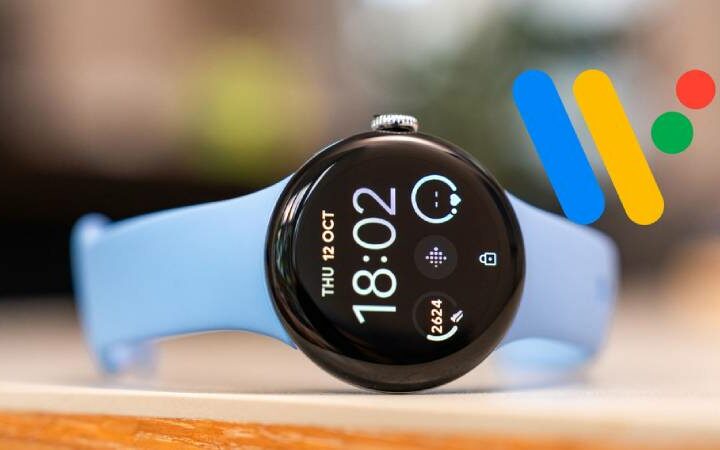ChatGPT has taken the world by storm ever since it was released at the end of November. The chatbot’s advanced AI capabilities enable it to complete tasks entirely independently, including writing essays, emails, and poems, writing and debugging code, and even passing exams. What implications does this have for our future now that a chatbot can perform tasks that humans excel at in a matter of seconds?
If you have had the opportunity to converse with the AI chatbot, you are probably impressed by its comprehension and conversational response capabilities. The chatbot, on the other hand, has a lot more potential, and its technical capabilities are constantly put to the test.
As of now, ChatGPT is altering professional and educational practices as well as coding-related skill-based expectations. Technology analysts are still evaluating how the tool will alter things, despite the fact that some people are sounding the alarm and others are taking the advancements in stride.
For example, a professor at the Wharton School of Business at the University of Pennsylvania used ChatGPT to pass an MBA exam with a score of B to B-. The professor was impressed by its explanations and operations management.
ChatGPT was administered by professors at Minnesota University Law School to four distinct law school final exams, which were then blindly graded alongside actual student exams. A whitepaper says that the bot got a C+ on average and passed. Even though this score is lower than the average for students, it is still impressive for a bot.
“In the future, we anticipate such language models to be important tools for practicing lawyers; In the whitepaper about the experiment, the professors at Minnesota University Law School stated, “We also expect them to be very helpful to students using them, whether licitly or illicitly, on law school exams.”
One of the most pressing concerns regarding ChatGPT is how it will impact the educational system, as its capabilities continue to be tested. Will its technical proficiency render certain human skills useless? Is it possible that the temptation to use ChatGPT to do the work for them will lead people to learn less in school?
In an effort to curb such cheating and tardiness in the classroom, schools across the nation are already implementing measures. For instance, the New York City Department of Education restricted teacher and student access to ChatGPT on its networks.
The problem has also spread to higher education, where instructors have included guidelines for using ChatGPT in their courses. Each professor handles the AI in a different way, with some banning it completely and others being fairly open.
Ethan Mollick, an associate professor at Wharton, shared his policy for ChatGPT on LinkedIn, which permits its integration into student work. “We don’t have many answers yet [about AI], but we should welcome discussion. And teach how to use the tools responsibly,” Mollick stated.
Is it just another piece of equipment?
According to cloud services and technologies analyst Sid Nag at Gartner, embracing AI generative technologies could actually enhance students’ education.
“It’s like saying, ‘Is the use of a calculator going to hinder the quality of people’s ability to add one and one plus two?’ No.”
- Wear OS 5 Now Available for Older Galaxy Watch Devices - November 20, 2024
- Nick Martinez accepts the Reds’ qualifying offer of $21.05 million - November 19, 2024
- Apple Announces Next-Gen AirTag for 2025 with Enhanced Privacy Features - November 18, 2024









